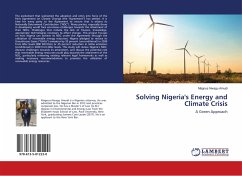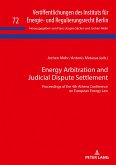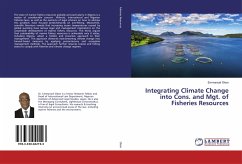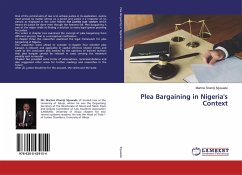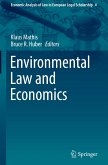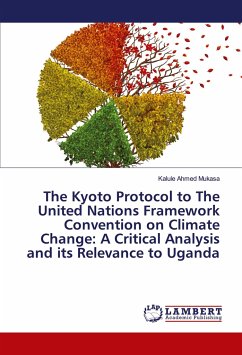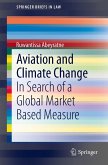The excitement that welcomed the adoption and entry into force of the Paris Agreement on Climate Change (the "Agreement") has settled. It is time for every party to the Agreement to ensure that it attains its Nationally Determined Contribution ("NDC"). Many parties, especially those in developing world face enormous challenges towards the attainment of their NDCs. Challenges that include the lack of finance, knowledge, appropriate technologies necessary to effect change. This project focuses on how Nigeria can achieve its NDC under the Agreement through the utilization of renewable energy resources. Nigeria pledged to reduce its Greenhouse Gases ("GHGs") emissions by 20 percent (unconditional) in 2030 from BAU levels (900 MtCO2e) or 45 percent reduction in GHGs emissions (conditional) in 2030 from BAU levels. This study will review Nigeria's NDC, discover challenges towards its attainment, and discuss the potential role that renewable energy resources could play towards the attainment of the NDC, particularly reviewing existing relevant legal frameworks as well as making necessary recommendations to promote the utilization of renewable energy resources.
Bitte wählen Sie Ihr Anliegen aus.
Rechnungen
Retourenschein anfordern
Bestellstatus
Storno

